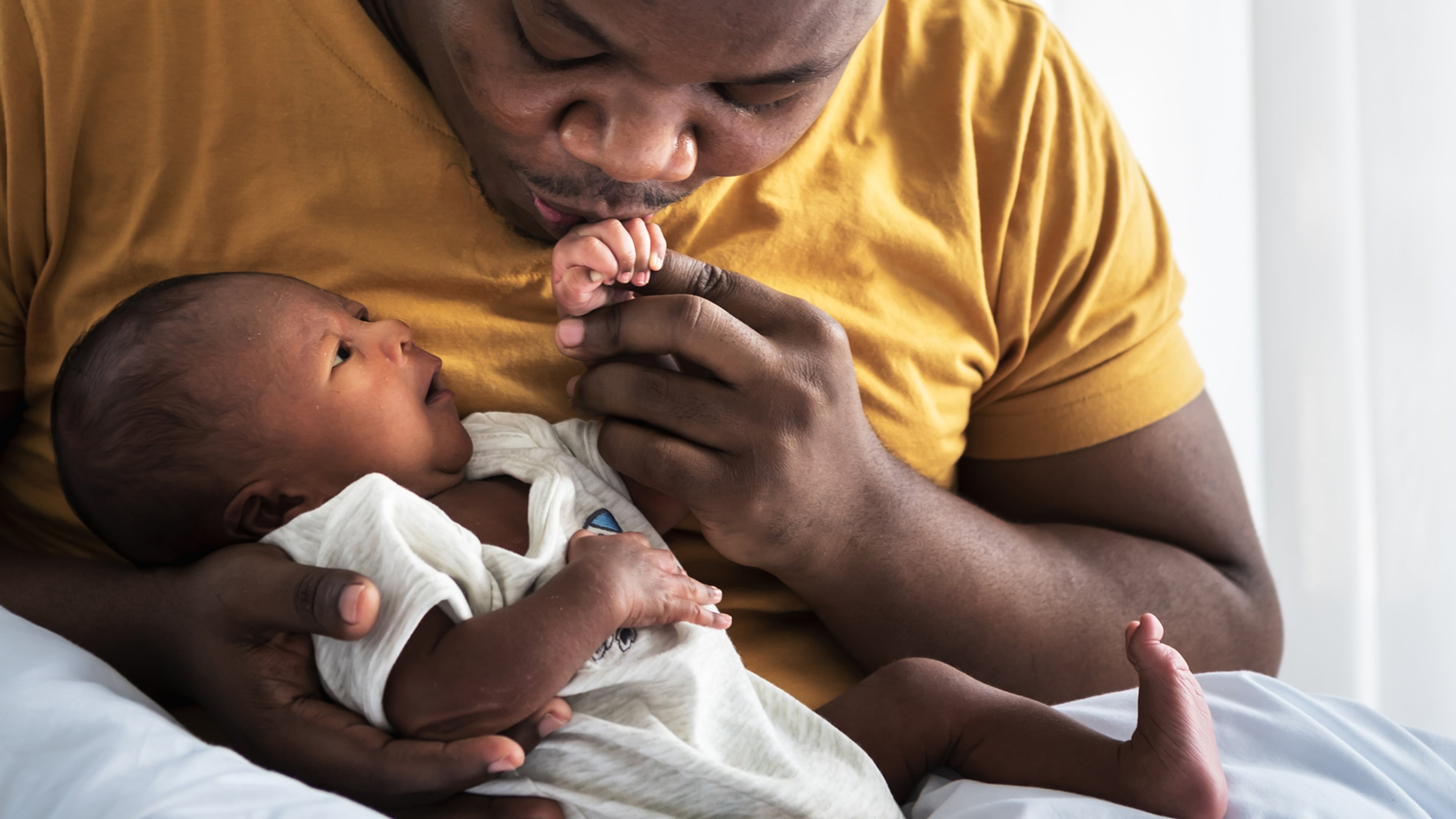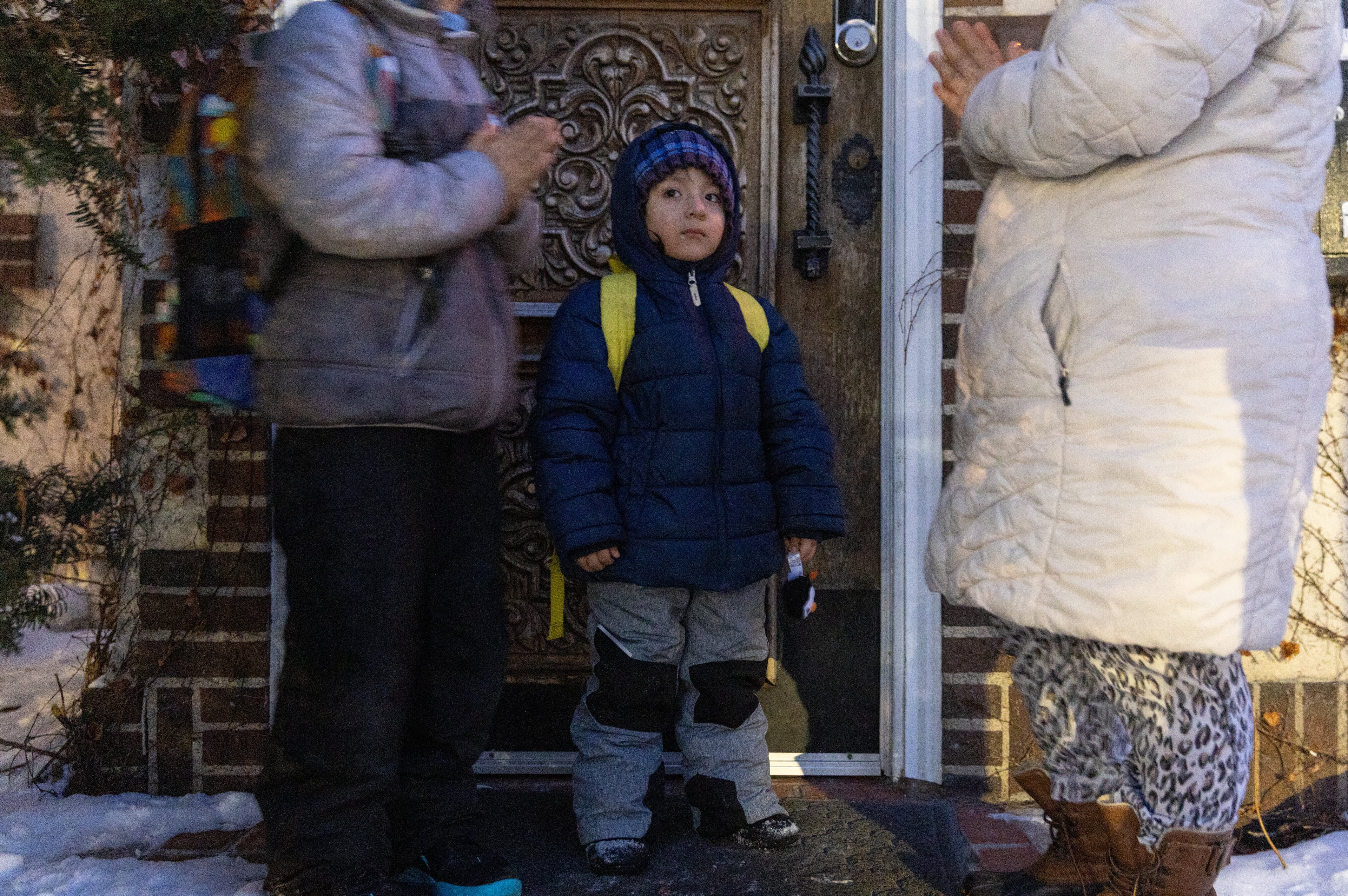‘Where’s Dad?’ Stop the blame and rethink absence, accountability and access

“Where’s Dad?” is a deceptively simple, yet profoundly complex, question. It carries weight, echoing through family narratives, community perceptions, and societal judgments.
Often, our conversations about fatherhood are framed around this presumed absence — fathers who aren’t there, fathers who choose distance, fathers whom society assumes to be indifferent. Yet, the truth behind father absence is multifaceted, woven intricately through voluntary choices, systemic barriers, trauma and deeply entrenched societal narratives.
My work at Fathers Incorporated, my life experience as a Black father, and my journey through advocacy have repeatedly shown me that the narrative around father absence needs serious rethinking. Our obsession with blame obscures the deeper questions we must ask: What systems hinder fathers from showing up? What trauma prevents fathers from nurturing connections? And critically, how are societal narratives distorting our perceptions of fatherhood?
We live in an era dominated by social media, a relentless churn of headlines and sensationalism. Social media amplifies extremes, where clickbait narratives swiftly become accepted truths. Recently, NBA superstar Anthony Edwards made headlines for financially supporting, yet emotionally disconnecting from, his unborn child. While this single story quickly becomes the image of modern fatherhood, we forget the larger, quieter, more pervasive truths.
Here’s what research shows about fathers engaging their families
Research emphatically states that today’s fathers, particularly Black fathers, are more engaged in their children’s daily lives than previous generations, according to the Pew Research Center. Fathers today increasingly participate in education, health care and nurturing roles traditionally reserved for mothers. The number of single fathers has steadily risen, illustrating that dads aren’t just showing up but stepping up, even when societal narratives refuse to acknowledge this reality.

Still, negative stereotypes persist, fueled by headlines, not evidence. A recent dialogue with my colleague Janks Morton about sickle cell disease illustrates this distortion clearly. Research suggests 85% of children facing sickle cell crises are accompanied to hospitals by mothers, but fails to mention fathers at all. This “oversight” in the research feeds into a harmful narrative of indifferent fathers.
Without consideration of fatherhood in parenting research, we’re precluded from understanding dads’ roles and the barriers they face. In the case of sickle cell disease treatment and other aspects of health care, potential barriers to fathers’ access — work obligations, custody issues, systemic biases, and more — are worth examining. The quick leap to exclude rather than understand exemplifies society’s ongoing issue with narrative framing around fatherhood.
I’ve seen firsthand, through Fathers Incorporated’s Gentle Warriors Academy in Atlanta, how access changes everything. Over the past five years, nearly 900 fathers have graduated from our programs, emerging empowered to better their lives and their children’s futures.
Yet, our success remains an anomaly. Countless small fatherhood organizations nationwide tirelessly support dads but lack the sustainable infrastructure and resources necessary for long-term impact. Access matters, not just to fathers themselves but to the fabric of communities and families everywhere.
We must demand accountability from ourselves and systems
As we celebrate Father’s Day, we must reframe our understanding of fatherhood away from simplistic blame narratives and toward a more profound comprehension of absence, accountability and access. Fathers deserve our genuine curiosity and commitment to understanding their lived experiences, barriers and triumphs. They need resources, not rebuke. They require access, not accusations.
To change the narrative, we must collectively demand accountability from ourselves and the systems that shape fatherhood.
Let’s move beyond the noise, the clickbait, and the stereotypes, and step into the complexity that defines fatherhood today. After all, asking “Where’s Dad?” shouldn’t be rhetorical: It should invite a meaningful, nuanced, and compassionate response.
Kenneth Braswell is a nationally recognized leader in the responsible fatherhood movement, author of several acclaimed books including “When the Tear Won’t Fall,” “Strength of the Father,” “Kwesi and the Ogre,” and “Too Seasoned to Care.” He is the CEO of Fathers Incorporated and host of the “I Am Dad” podcast.


